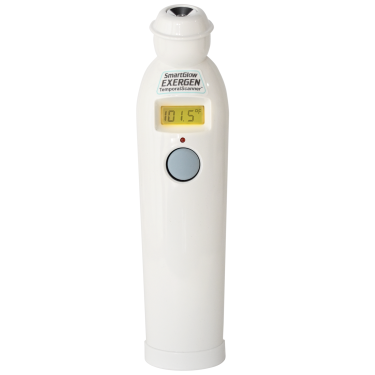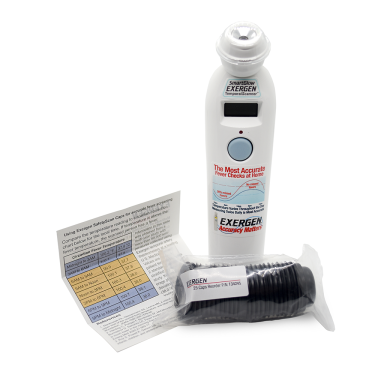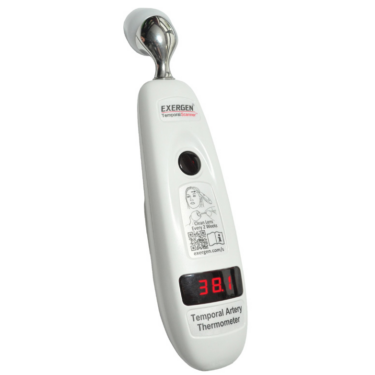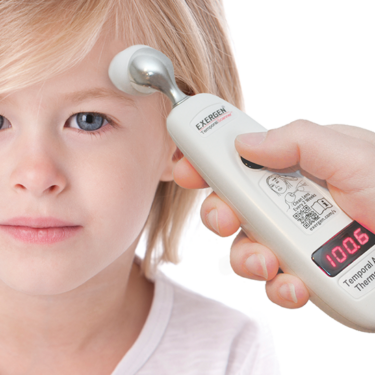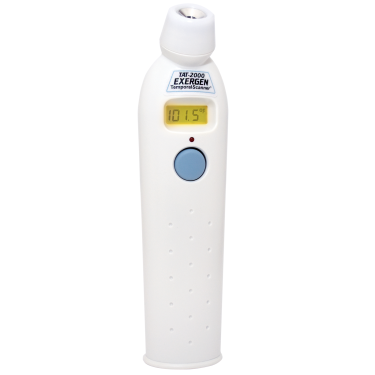When you hear about storms, like a hurricane, flood, or wildfire you see dramatic images of destroyed houses, flooded roads, and people being rescued by boat or helicopter. However, that is just part of the disaster. There’s a part that is often overlooked, what happens to our health after the storm is over.
Health Risks After a Disaster
After a natural disaster, there’s often a spike in illnesses that are associated with fever. With climate change making storms and floods more common, these health issues are popping up more and more.
After a disaster hospitals might be damaged, the power could be out, and clean water might not be available. People end up in crowded shelters, and it’s hard to get basic medical care like vaccines or checkups. It’s the perfect storm for germs to spread.
Floods Are Impactful
Floods pack a big punch. When the water level goes down, it can leave behind standing water and dirty water supplies. These are ideal breeding sites for mosquitoes and bacteria.
What Illnesses Should You Watch For?
Here are some of the fever-related illnesses that can show up after a disaster:
- Malaria
- Dengue Fever
- Leptospirosis
- Chikungunya & Zika Virus
- Typhoid Fever
- Hepatitis A & E
- Measles
- Acute Respiratory Infections (like the flu or TB)
- Meningitis
- Valley Fever
Fever is usually the first sign of something wrong. That’s why it’s important to monitor your temperature if you or someone you know isn’t feeling well after a disaster. Having a good thermometer on hand, like the Exergen Temporal Artery Thermometer, can really help you catch a problem early.
Natural disasters do more than physical damage, they also upend lives and our health systems too. Being prepared is knowing what to look out for, paying attention to warning signs, and acting quick if someone gets sick.
With natural disasters happening more often, it’s smart to think ahead about your health. A little bit of planning now can make a difference when disaster strikes.
Sources,
- Taylor and Francis, https://www.tandfonline.com/doi/full/10.1586/eri.11.155#d1e201
Exergen P/N 850465
